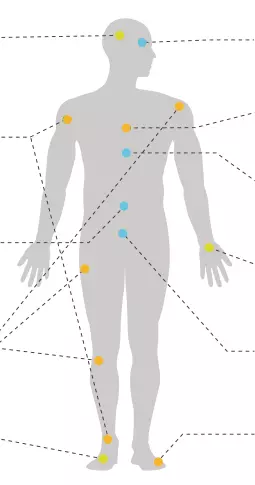HEREDITARY ATTR-CM AFFECTS BLACK, AFRICAN AMERICAN AND AFRO-CARIBBEAN COMMUNITIES MORE THAN ANY OTHER

Randy, hereditary ATTR-CM patient
Hereditary ATTR-CM is a condition associated with heart failure. It is caused by a change (or a “mutation”) in one of your genes, which can be passed down from a relative. In the US, the most common mutation that can cause ATTR-CM is V122i, and it affects Black, African American and Afro-Caribbean people almost exclusively. That’s why Voices for the Heart is dedicated to elevating the experiences and stories of people in your community who are living with ATTR-CM or have a loved one who is experiencing the condition.
If you are of Black, African American or Afro-Caribbean descent, are over 50 years old, have a family history of heart failure, and you are experiencing unresolved symptoms, you may be at risk for hereditary ATTR-CM.






















